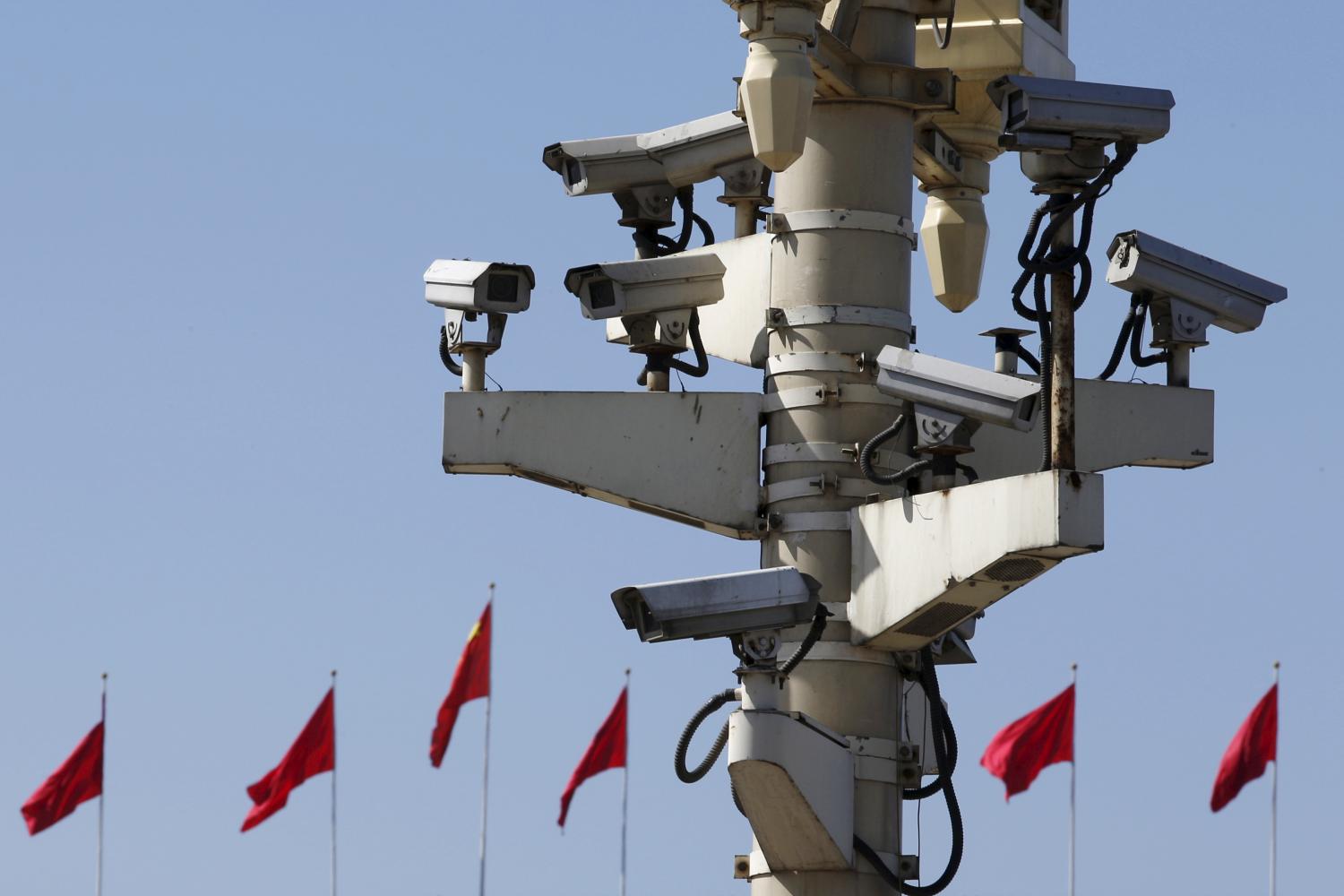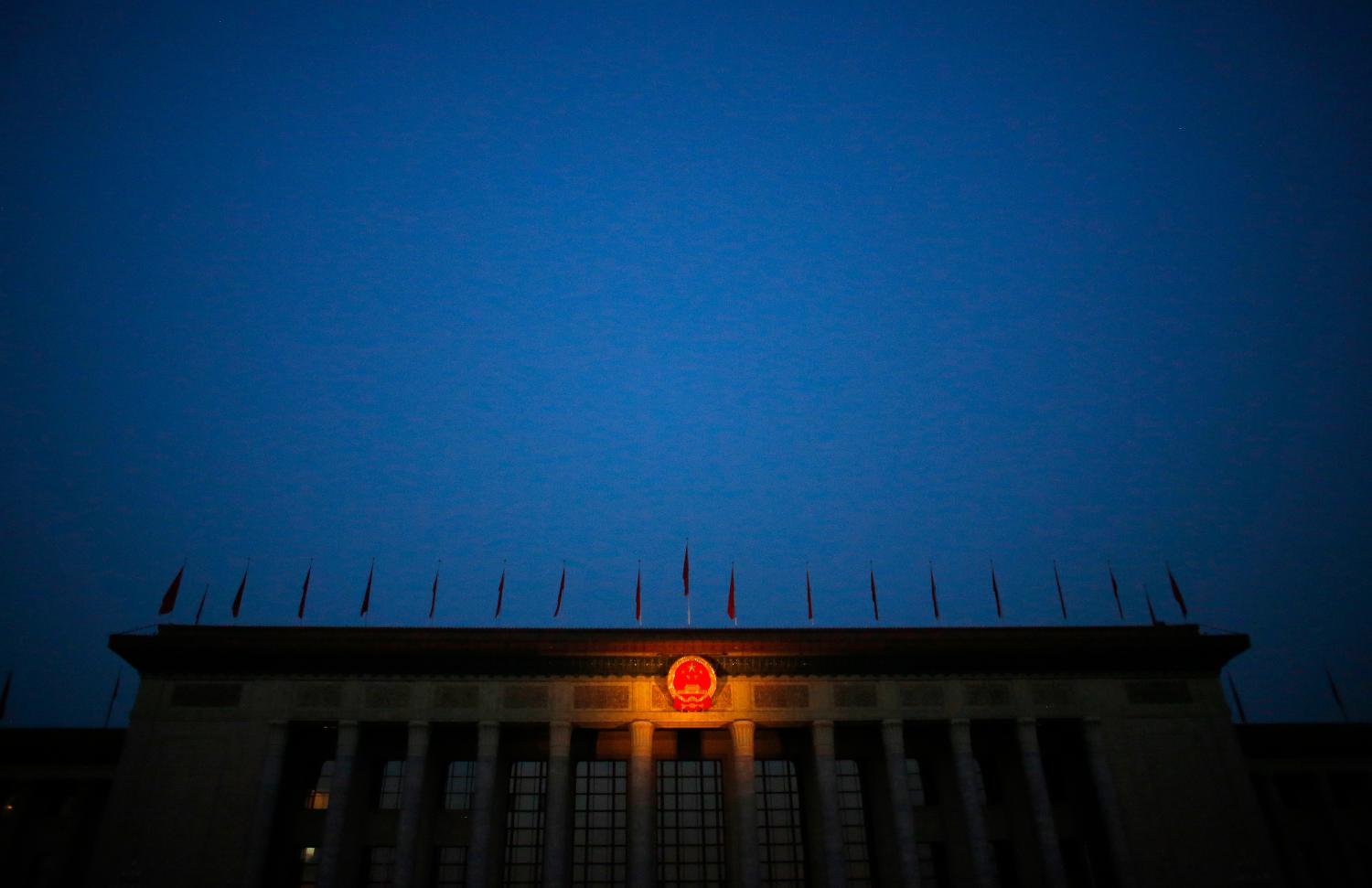Executive Summary
 China has long faced low-level violence from the East Turkestan Islamic Movement (ETIM), which seeks an independent Xinjiang. To counter the ETIM and other separatist Uighurs, the Chinese Communist Party (CCP) has passed laws regulating, and in some cases restricting, expressions of Islamic and Turkic identity. Such levels of control have been used elsewhere in China where the CCP has felt threatened by separatist movements. Since the 2014 “Strike Hard” campaign, China’s crackdown in Xinjiang has escalated to include internment camps, forced labor, and daily indoctrination programs. The CCP has also made great use of technological advancements to surveil Xinjiang residents. Besides surveillance cameras equipped with facial recognition, the government also collects information such as biometric data, data usage, and location. This sweeping approach is used to combat what China considers to be a serious terrorism threat.
China has long faced low-level violence from the East Turkestan Islamic Movement (ETIM), which seeks an independent Xinjiang. To counter the ETIM and other separatist Uighurs, the Chinese Communist Party (CCP) has passed laws regulating, and in some cases restricting, expressions of Islamic and Turkic identity. Such levels of control have been used elsewhere in China where the CCP has felt threatened by separatist movements. Since the 2014 “Strike Hard” campaign, China’s crackdown in Xinjiang has escalated to include internment camps, forced labor, and daily indoctrination programs. The CCP has also made great use of technological advancements to surveil Xinjiang residents. Besides surveillance cameras equipped with facial recognition, the government also collects information such as biometric data, data usage, and location. This sweeping approach is used to combat what China considers to be a serious terrorism threat.
As China continues to develop the ways in which it counters terrorism at home, it has also begun to export its version of counterterrorism methods abroad. In addition to selling surveillance technology to foreign governments, China has also become a more active player in the international counterterrorism space. It has increased its involvement with bilateral and multilateral counterterrorism institutions and has used its soft power to suppress criticism of its tactics. This heightened involvement in counterterrorism activity abroad combined with China’s increasing economic influence, resulting from the Belt and Road Initiative, have made Chinese nationals and projects larger targets of terrorism abroad.
While China has never been a particularly strong counterterrorism partner for the United States, recent tensions in trade and rhetoric make cooperation especially unlikely in the near to medium term. Differences in approaches to technology usage and oversight and criticisms of China’s human rights violations have added to the tension. Though, superficially, the United States and other liberal democracies are still setting the global counterterrorism agenda, China has found opportunity to independently strengthen ties with states facing terrorism threats. If China moves towards taking a leadership role in countering terrorism and its policies become the future standard, counterterrorism could become an additional area of contention between Beijing and Washington.
The Brookings Institution is committed to quality, independence, and impact.
We are supported by a diverse array of funders. In line with our values and policies, each Brookings publication represents the sole views of its author(s).





